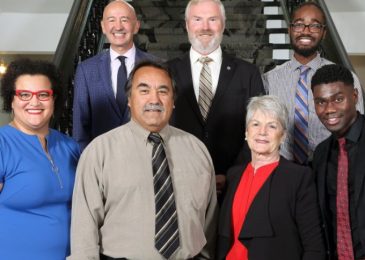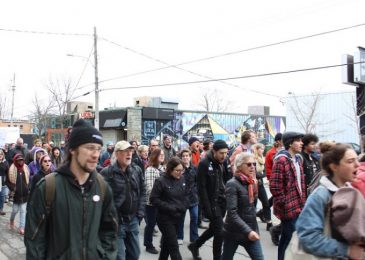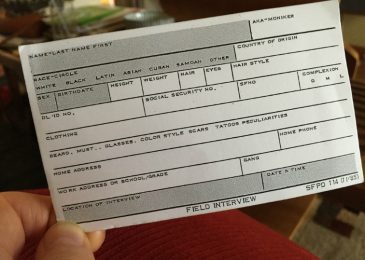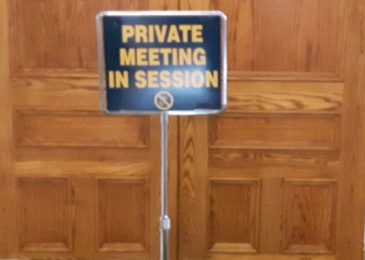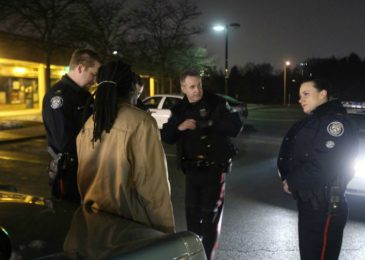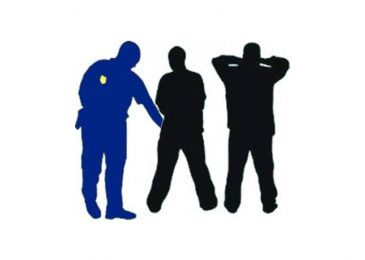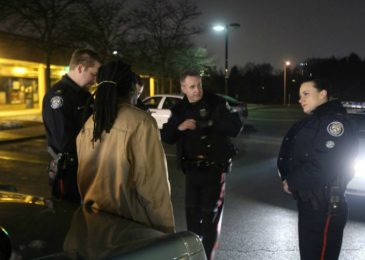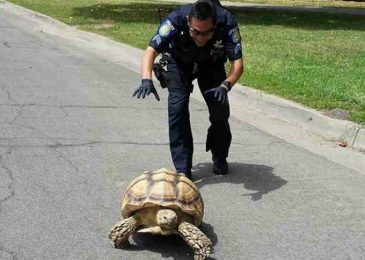Who’s policing the police in Halifax?
I ask why it was journalists who revealed the racist bias of police street checks rather than the Board of Police Commissioners, whose job it is to oversee the Halifax police. Then I speculate on the answer. They’re worried that it will expose how powerless they really are.

